Once hailed as the heroes of healthy eating, foods like oatmeal, granola bars, and plant-based meats are now quietly joining the ranks of modern junk food. While they still wear the disguise of wellness—boasting labels like “heart-healthy,” “plant-powered,” or “protein-packed”—many of today’s versions are ultra-processed, sugar-laden, and stripped of their original nutritional value. As food manufacturers chase convenience and shelf life, these familiar staples are being reformulated with artificial flavors, industrial oils, and additives that do more harm than good. Here’s how to replace these so-called health foods that are shifting into junk food territory.
1. Chia Pudding
Tiny but mighty, chia seeds transform into a satisfying pudding that outshines those sugar-laden oatmeal packets in every way. Unlike processed oatmeal with artificial flavors and sweeteners, chia pudding delivers omega-3 fatty acids that support brain health and reduce inflammation.
The beauty of chia pudding lies in its blood sugar-friendly profile. When the seeds absorb liquid, they create a gel that slows digestion and prevents energy crashes. Simply mix 3 tablespoons of seeds with a cup of unsweetened almond milk, add cinnamon for natural sweetness, and refrigerate overnight.
Morning meal prep couldn’t be easier—make several jars at once for grab-and-go breakfasts that keep you energized for hours. Top with fresh berries for antioxidants and natural sweetness without the sugar spike that flavored oatmeal delivers.
2. Eggs
Remember when eggs were considered unhealthy? Science has vindicated this perfect protein package. A couple of eggs provide complete protein with all nine essential amino acids your body can’t make on its own—something those grab-and-go granola bars can’t compete with.
Hard-boiled eggs make breakfast prep almost effortless. Boil a batch on Sunday for the week ahead, and you’ve got portable nutrition that won’t spike your blood sugar like those honey-drizzled granola bars. The yolks contain choline, crucial for brain health and often missing in modern diets.
Feeling fancy? Poached eggs on vegetables deliver morning nutrition without the additives, preservatives, and sneaky sugars found in even the healthiest-looking granola bars. That steady energy release means no mid-morning hunger pangs or concentration dips.
3. Lentils and Chickpeas
While lab-created plant burgers dominate grocery shelves, humble legumes have quietly provided plant protein for thousands of years. Lentils and chickpeas deliver fiber alongside protein—something those ultra-processed plant-based meats strip away during manufacturing.
A simple lentil soup or chickpea curry contains no methylcellulose, soy leghemoglobin, or other scientific-sounding ingredients found in fake meats. These legumes come packed with iron, magnesium, and complex carbohydrates that fuel your body steadily without artificial ingredients.
Worried about preparation time? Batch cook and freeze portions, or keep cooked lentils in the refrigerator for quick meals. The versatility is remarkable—toss chickpeas into salads, blend them into hummus, or create hearty lentil patties that actually contain ingredients your grandmother would recognize.
4. Wild Canned Fish
Those fishless vegan patties might seem like an ocean-friendly choice, but check the ingredient list—it reads like a chemistry experiment. Canned wild salmon and sardines offer a simpler approach with ingredients you can count on one hand: fish, water, maybe salt.
Pop open a can for instant protein that comes with bone-building calcium (especially in sardines) and brain-nourishing omega-3s that plant-based alternatives simply cannot match naturally. The minimal processing preserves nutrients while providing remarkable convenience.
Canned fish delivers premium nutrition at pantry staple prices. Make quick salmon patties, sardine toast, or add to salads for meals ready in minutes without the methylcellulose, titanium dioxide, or artificial flavors found in those fishless alternatives. Your body recognizes real food—even when it comes from a can.
5. Homemade Quinoa Salad
Store-bought grain bowls and packaged oatmeal cups might seem healthy, but often hide behind inflated price tags and ingredient lists longer than this paragraph. Creating your own quinoa salad puts you in control of what goes into your body—and saves money too.
Quinoa provides complete protein while delivering a pleasantly nutty flavor and satisfying texture. Add chopped vegetables, a sprinkle of feta, and a simple olive oil dressing for a meal that balances carbohydrates, protein, and healthy fats without preservatives or excess sodium.
Make a large batch on weekends for grab-and-go lunches that actually improve with time as flavors meld in the refrigerator. The fiber content helps maintain steady energy levels throughout the day, unlike those packaged grain products that often cause blood sugar spikes followed by energy crashes.
6. Sweet Potatoes
Sweet potatoes offer what those sugar-loaded oatmeal packets promise but fail to deliver: natural sweetness paired with actual nutrition. These vibrant tubers provide complex carbohydrates that release energy slowly, keeping blood sugar levels steady instead of sending them on a rollercoaster ride.
Rich in beta-carotene, sweet potatoes support vision and immune function while satisfying sweet cravings naturally. Bake several at once and refrigerate for quick meals throughout the week—simply reheat and top with almond butter for breakfast or black beans for lunch.
The fiber content in sweet potatoes promotes gut health and digestive regularity, unlike many processed breakfast options that strip away beneficial fiber. For maximum nutrition, eat the skin too—it contains additional nutrients and provides textural contrast to the creamy interior.
7. Cottage Cheese and Greek Yogurt
Marketing wizards have convinced us that protein-enriched granola bars represent nutritional progress. Meanwhile, humble cottage cheese and Greek yogurt have quietly delivered complete protein for generations without artificial ingredients or fancy packaging.
A half-cup serving of cottage cheese packs around 14 grams of protein—about twice what you’ll find in those chocolate-dipped protein bars, minus the added sugars and palm oil. The casein protein digests slowly, providing a steady amino acid release that supports muscle maintenance.
Greek yogurt offers similar benefits with the added bonus of beneficial probiotics that support gut health. Create a parfait with fresh berries and a sprinkle of walnuts for crunch, or go savory with cucumber and herbs for a protein-rich snack that doesn’t rely on marketing claims or fancy packaging to deliver genuine nutrition.
8. Raw Nuts and Fresh Fruit
Long before granola bars promised convenient nutrition, people understood the perfect balance of a handful of nuts paired with fresh fruit. This combination delivers protein, healthy fats, fiber, and natural sweetness without the processing or additives.
Almonds, walnuts, or pistachios provide satisfying crunch along with heart-healthy monounsaturated fats. Their protein and fat content slows digestion of the natural sugars in fruit, creating a steady energy release instead of the spike-and-crash pattern typical with flavored oatmeal or syrupy granola bars.
The portability rivals any packaged snack—tuck an apple and small container of mixed nuts into your bag for an emergency hunger fix that doesn’t require unwrapping or reading ingredient lists. Your body recognizes these whole foods immediately, putting minimal stress on digestive systems while delivering maximum nutritional benefit.
9. Vegetable Omelettes
Those plant-based breakfast sausages with their 20+ ingredients don’t hold a candle to the simple perfection of a vegetable-filled omelette. Eggs provide the foundation with complete protein, while colorful vegetables add fiber, vitamins, and minerals without artificial additives.
Sauté whatever vegetables you have on hand—spinach, bell peppers, mushrooms, or leftover roasted veggies all work beautifully. Pour beaten eggs over top, add a sprinkle of herbs, and you’ve created a meal containing only ingredients your great-grandmother would recognize as food.
Make extra and refrigerate slices for quick protein-rich breakfasts throughout the week. Unlike those lab-created meat alternatives, a vegetable omelette provides genuine nutrition without methylcellulose, artificial flavors, or “natural smoke flavor” created in laboratories. Your taste buds and digestive system will appreciate food that comes from farms rather than factories.
10. Banana on Sourdough
Fruit-flavored granola bars might show pictures of berries on the package, but check the ingredients—real fruit usually appears far down the list, after sugar, oils, and flavorings. A fresh banana mashed onto wholegrain sourdough toast delivers authentic fruit nutrition without the marketing hype.
Sourdough bread offers advantages beyond regular bread—the fermentation process breaks down phytic acid, making minerals more bioavailable. The natural fermentation also creates a lower glycemic response compared to regular bread, preventing blood sugar spikes.
Add a sprinkle of cinnamon for antioxidant benefits and natural sweetness enhancement without added sugars. This simple combination provides complex carbohydrates, potassium, prebiotic fiber from the banana, and probiotics from the sourdough—creating a nutritional profile no manufactured bar can match, regardless of health claims plastered across its wrapper.
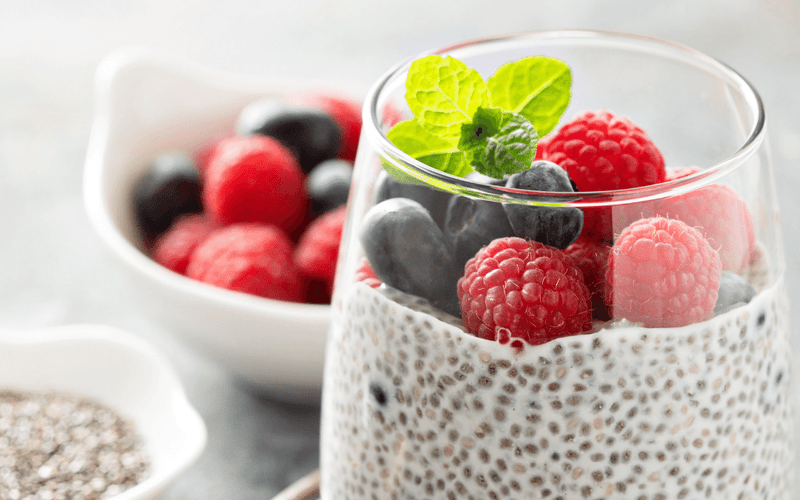

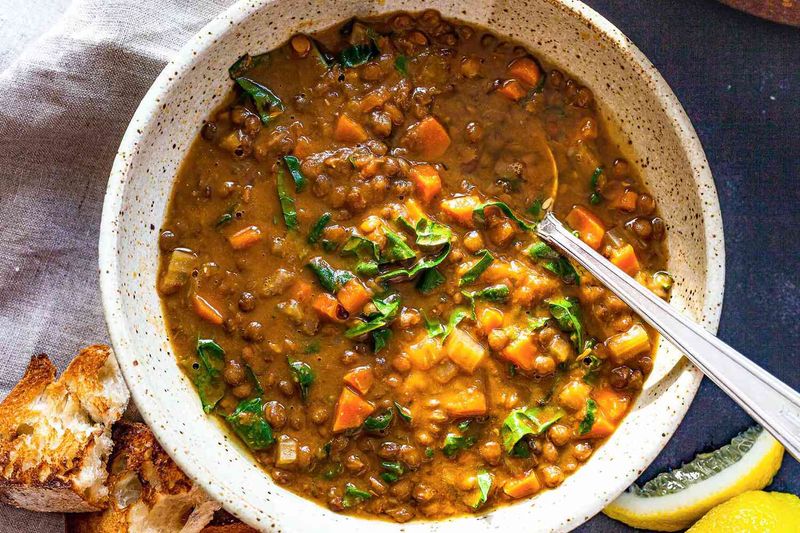

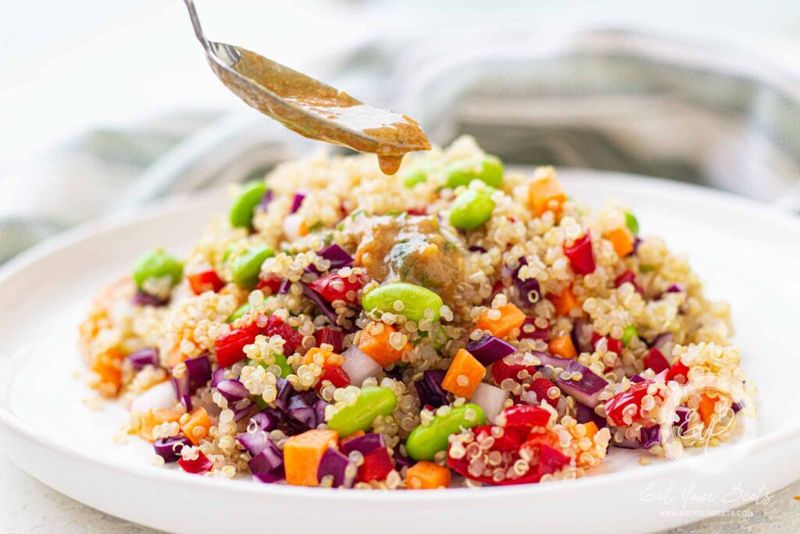
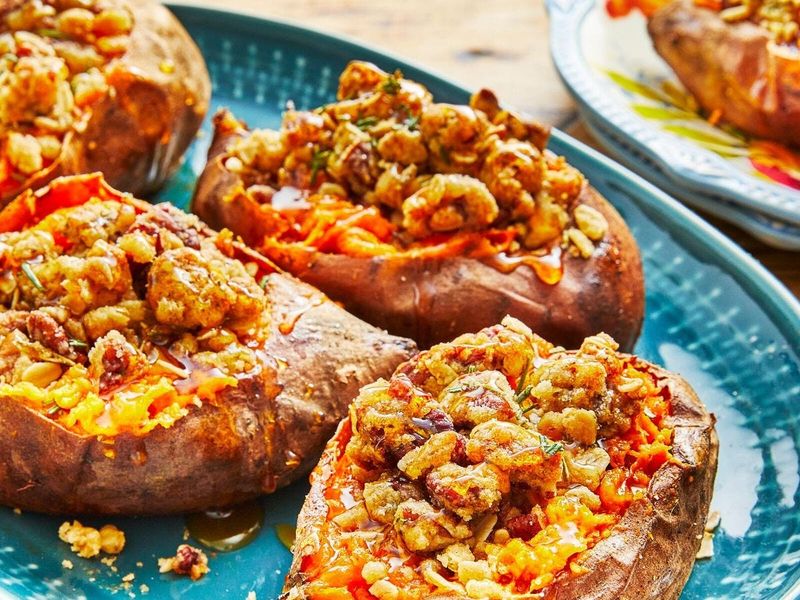
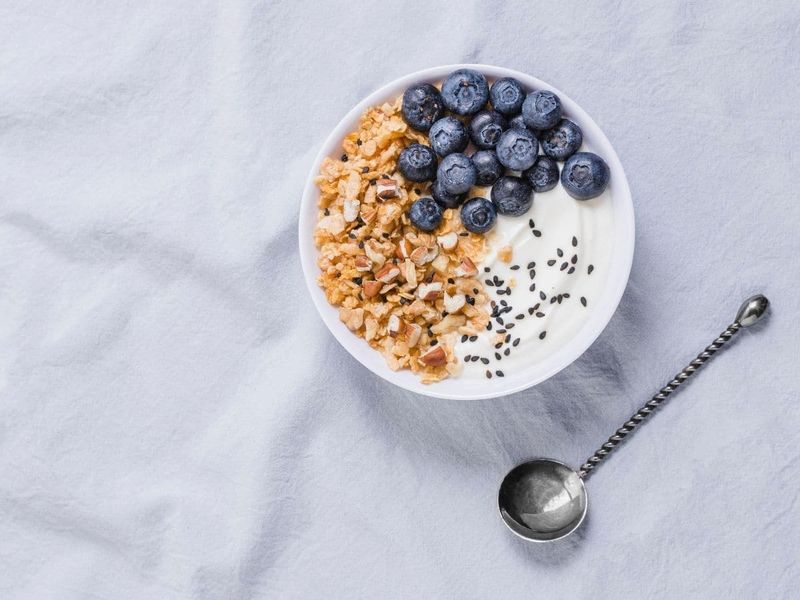
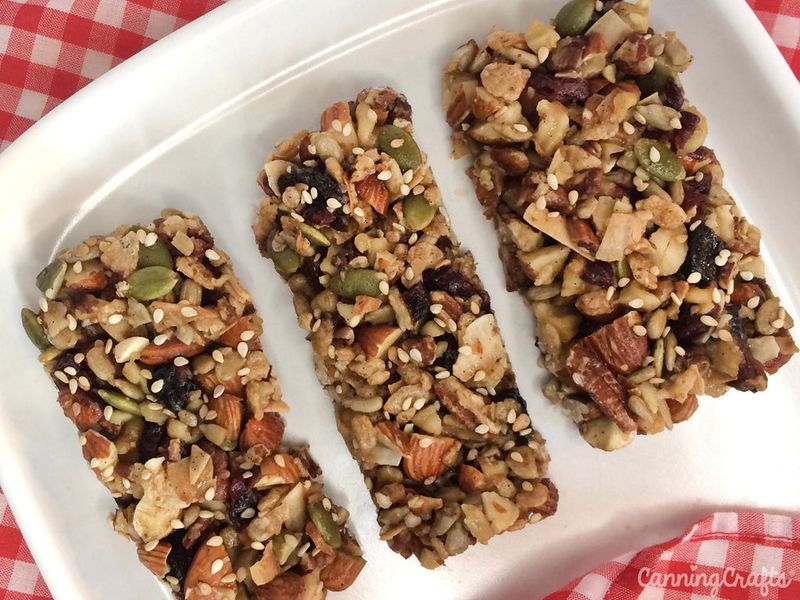
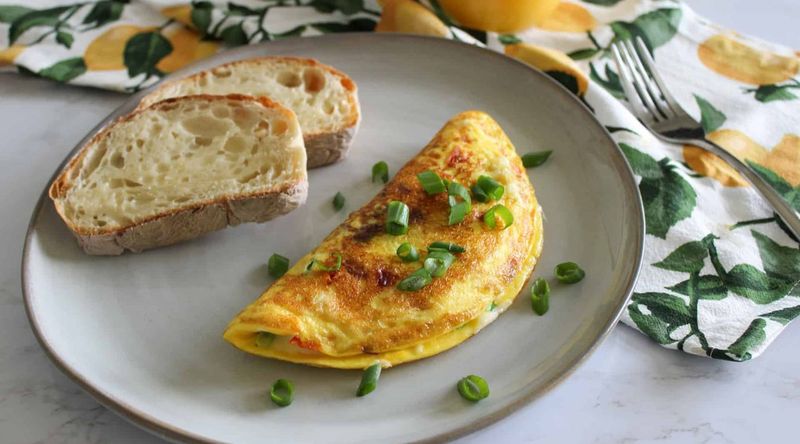
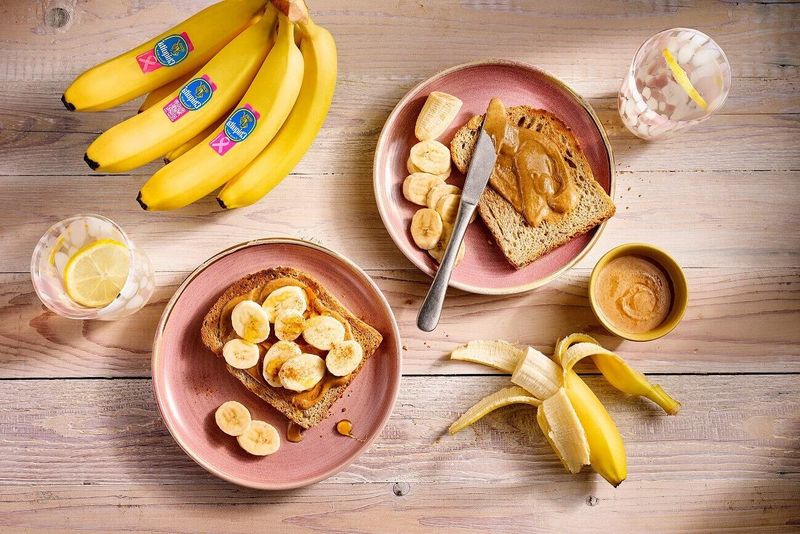
Leave a comment